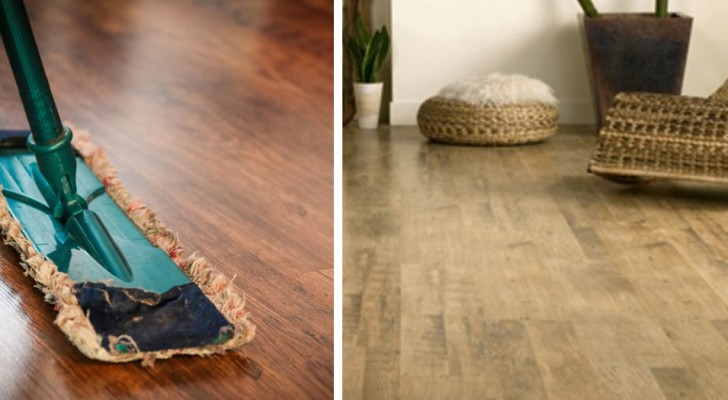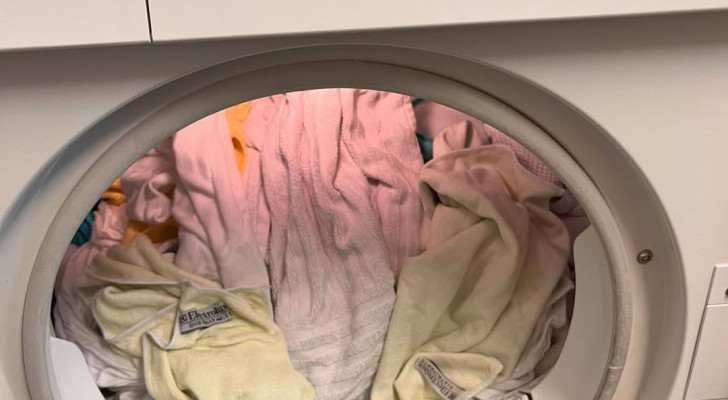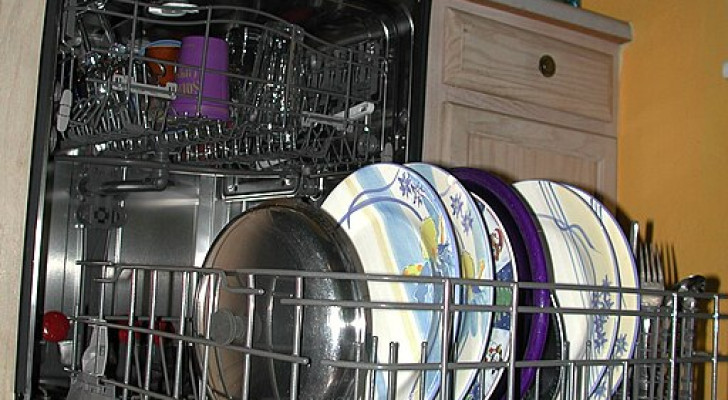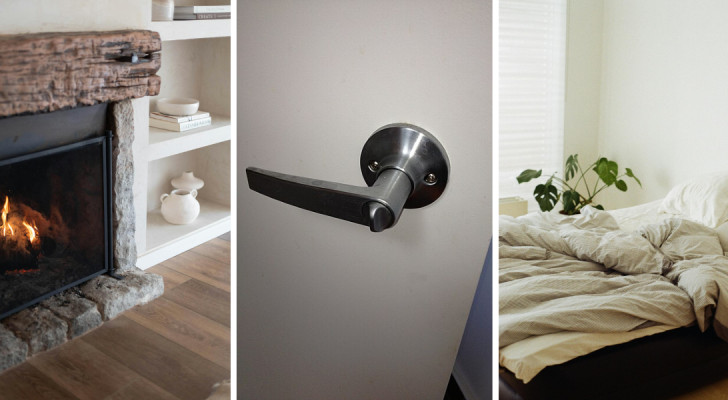Why these 8 things should never be stored in your attic
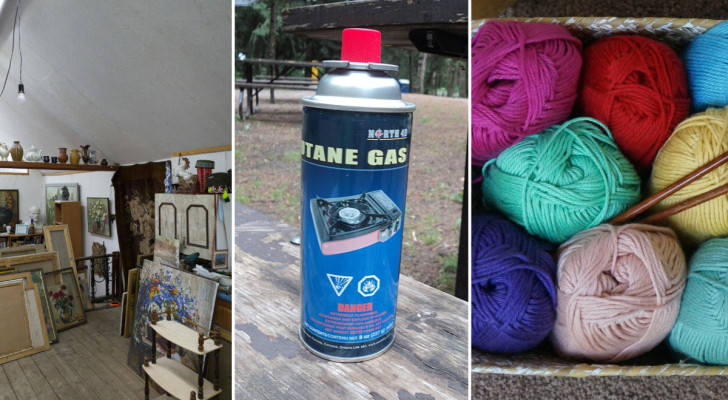
Especially nowadays when homes are getting smaller and smaller, having an attic available for storage is extremely handy.
However, not everything can be stored in attics - not only due to space issues, but also due to ambient climatic conditions in most attics. Let's check out why the following 8 things should never be stored in your attic:
1. Leather goods
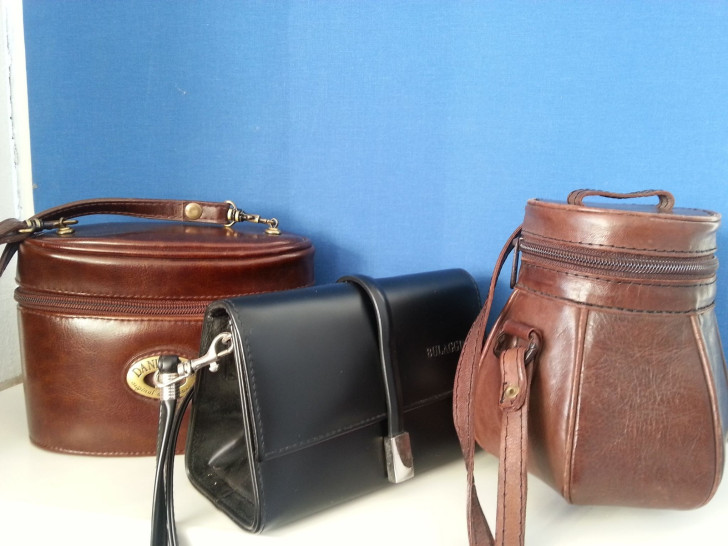
Attics are sensitive to changes in the climate and other factors, such as humidity, the cold of winter and the heat of summer. Your leather goods could easily get damaged by exposure to these conditions, developing mold in high-humidity periods and drying out and cracking in the heat.
2. Art and musical instruments

Artwork tends to be very delicate and can easily be damaged by constant fluctuations in humidity and temperature levels. Likewise, items made of wood and/or animal fibers and musical instruments can also be easily damaged by your attic's humidity and constant temperature changes - especially if stored in inappropriate containers.
Store artwork and musical instruments in their proper containers, in climate-controlled areas to protect them from damage
3. Books, documents and cardboard boxes

Paper-based items are easily damaged by humidity and continuous temperature fluctuations, as well as being particularly vulnerable to attack by mold and parasites. Also pay attention to the boxes in which you store your objects: if they are made of cardboard, they could easily deteriorate over time, forcing you to replace them.
Move books and documents to an area of the house that is not humid and temperature changes are minimal. Also chose robust storage containers (ie. not cardboard boxes) for use in the attic.
4. Paints, varnishes and cleaning products
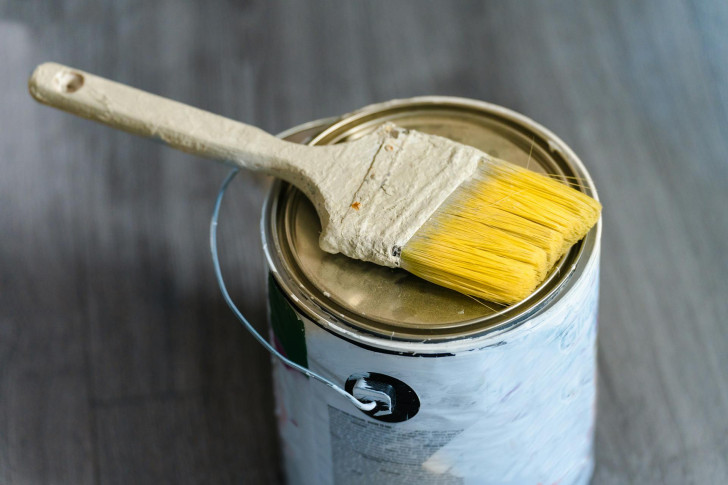
Even if perfectly sealed, chemical products are sensitive to temperature changes and can easily degrade if stored in your attics. Furthermore, some products are toxic and continuously release these toxins into the air, even when they are not in use. These toxins could saturate your attic and slowly leak into the other rooms of your house.
All these products - paints, varnishes, cleaning products, solvents, etc - should be stored elsewhere, in sturdy plastic containers in your cellar, garage or, preferably, in a shed.
5. Flammable products
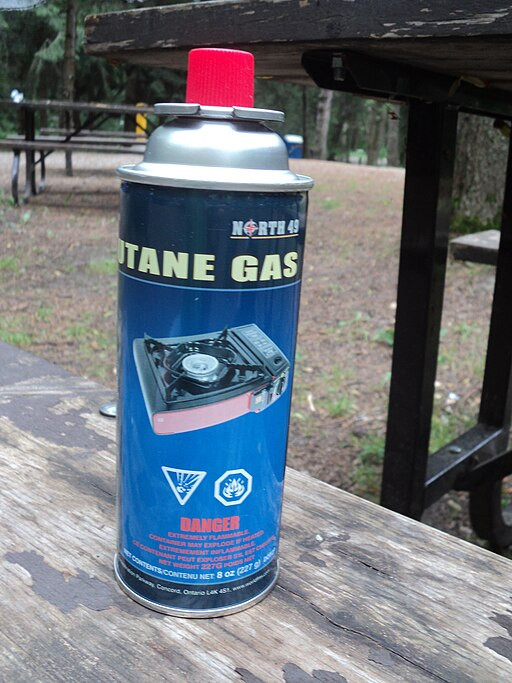
Clearly, flammable products should not be stored in the attic, as they could easily react to high temperatures and ignite/explode. Solvents and paint thinners, gas caniister refills for grills and camping stoves, spray paint cans, fireworks - all these pose a fire risk when stored in the attic.
6. Christmas decorations

The attic is the most logical place to store Christmas decorations during the "off-season". That said, the conditions in an attic can damage these decorations. The delicate fabrics and painted-on designs that many decorations have can be damaged by humidity and temperature changes that occur in an attic. For this reason, it is better to store Christmas decorations in a wardrobe or closet in the home (and not in the attic).
7. Magnetic tapes and electrical appliances

If you keep/collect old magnetic tapes (for movies or music) or disposable cameras, be careful strong these items in your attic: humidity and high temperatures can damage or even destroy these items. The same applies to electrical appliances: exposure to humidity will damage their electrical components. Finally, even photographs can be damaged over time in an attic: if you cherish your memories, store your photos in a place protected from light, heat and humidity.
8. Natural fibers
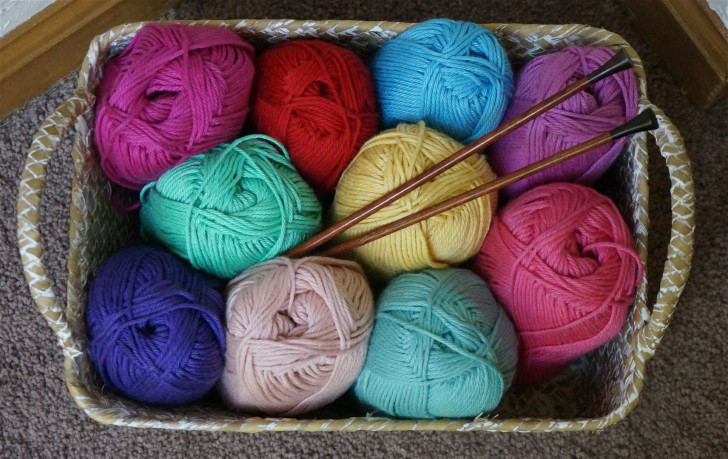
Wool, cotton, silk, linen and all other natural fabrics stored in an attic are not only vulnerable to parasites such as moths, cockroaches and mice, but also to humidity, which could quickly cause the fibers to rot.
Which of these items do you store in your attic?


